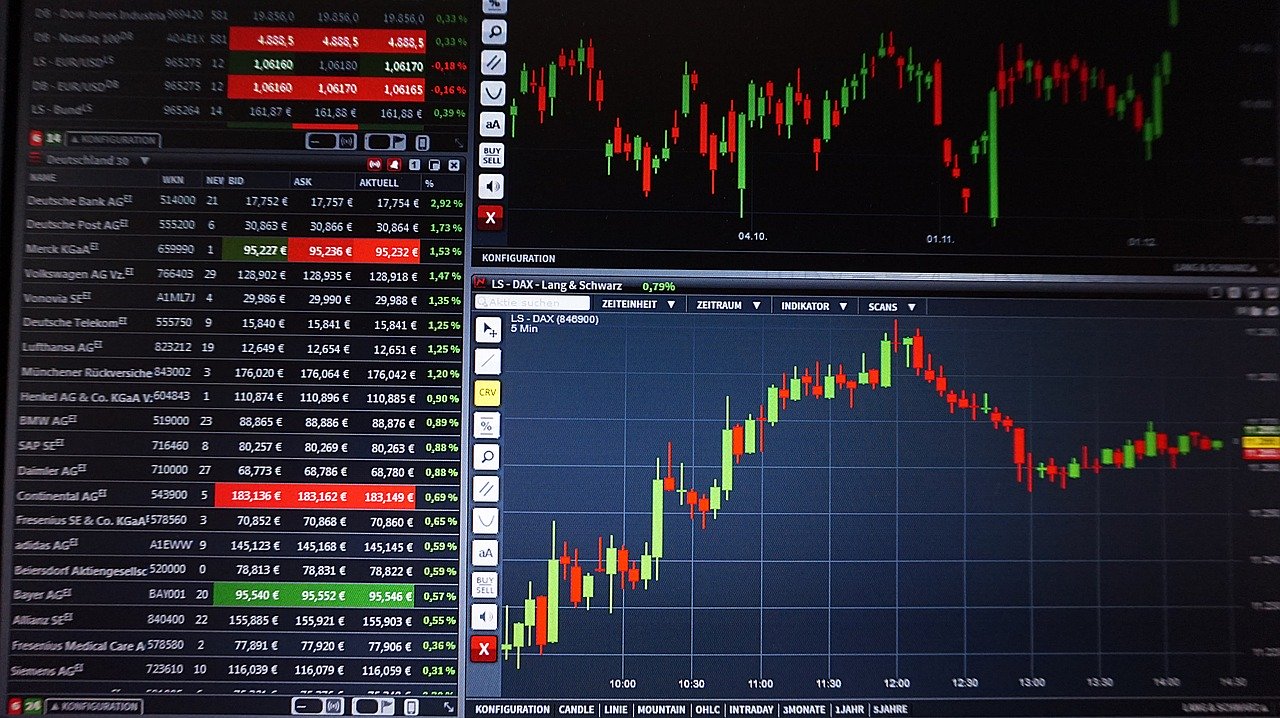How the forex market is influenced by political events
Looking back over recent years, major global events have led to significant changes in monetary values. These patterns have continued throughout the decades across various markets, with the fall of the Berlin Wall in the late 80’s marking a depreciating pound and the franc facing turbulence following the election of French President Jacques Chirac back in 1995.
Looking to 2020, Brexit is likely to continue dominating the global political landscape as Boris Johnson attempts to push through his withdrawal agreement. The upcoming US presidential elections are also likely to impact the dollar too.
With concerns over how Brexit will impact the British economy, this historic data lends insight to investors by way of highlighting the pound’s repeat recovery against a global economic backdrop. Delving into this data further can help personal investors to become more aware not only past downfalls, but the resolutions which followed, thereby aiding their investment decisions.
Why do political events affect the forex market?
Alongside natural disasters and major conflict, politics is one of the most influential factors affecting the strength of a particular nation’s currency at any given moment. It is not only a reflection of current events, such as the election of a new party or prime minister, but can be an indication of the likelihood of future markets going in a certain direction, given the political preferences of those in power. Currency rates would strengthen for example following the election of political party who have a good reputation for spending more conservatively than their incumbent. Rates can also be affected by government decisions, such as the passing of certain policies or bills, as was the case in the US when President Trump’s healthcare bill collapsed or earlier this year when Theresa May’s withdrawal deal was voted down in a historic defeat in parliament. It can also be affected by the opinions of individual politicians, such as in 2016 when Former Mayor of London, Boris Johnson, spoke out in favour of the UK leaving the EU, which was interpreted by financial markets as making Brexit more probable. This caused the pound to fall to a seven-year low.
The Brexit effect
The continued uncertainty facing Brexit is being seen as both a blessing and a curse, depending on the experience of the trader and their determined levels of risk. For those more opportunistic individuals, the continued instability has been coined a ‘speculators’ haven’, whereas for others it is proving exhausting just trying to keep up. As Prime Minister Boris Johnson appeared to be moving towards a new deal in October 2019, Reuters reported that the pound surged by around 5% and reached a five-month high, only to fall by 0.6% against the dollar and 0.5% against the euro after the DUP indicated its lack of support for the arrangements.
Ultimately, the forex market is by nature unpredictable and its very existence is based on the principle that some traders will win at the expense of others. By having a greater understanding of how both larger and smaller political events can influence the market direction, personal investors can make more informed decisions and in doing so, increase their likelihood of making market gains.
One of the resources available to explore this topic further can be found on the IG Group website – https://www.ig.com/uk/forex/research/politicians-the-markets/

